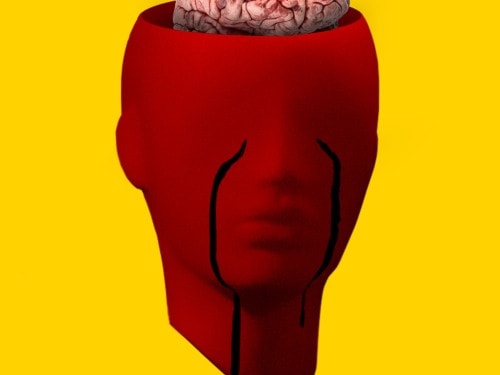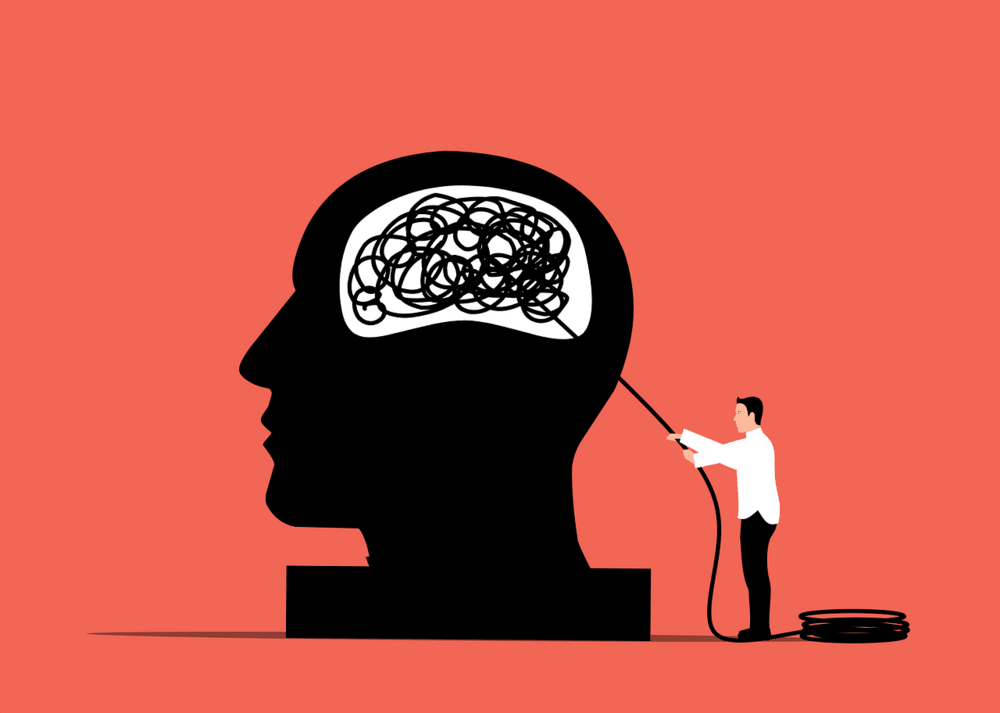Psychology and Pain Perception

posted 18th March 2025

The Role of Psychology in Pain Management: A Balanced Perspective
Pain is often perceived as a purely physical phenomenon—something that can be treated effectively with medication alone. However, a growing body of research highlights the significant role of psychological factors in how we experience and manage pain. While traditional pain relief methods, such as analgesics and physiotherapy, remain vital, psychological interventions offer additional strategies that can help individuals cope with pain more effectively.
The Science Behind Pain Perception
Pain is not simply a direct response to tissue damage; it is a complex interplay of sensory, emotional, and cognitive factors. The International Association for the Study of Pain (IASP) defines pain as "an unpleasant sensory and emotional experience associated with, or resembling that associated with, actual or potential tissue damage" (IASP, 2020). This definition acknowledges that pain is influenced by both physical and psychological elements.
Research has shown that psychological interventions can reduce pain perception by altering brain activity. A landmark study by Bushnell et al. (2013) demonstrated that cognitive and emotional processes significantly affect how pain is experienced, with areas such as the prefrontal cortex and amygdala playing a crucial role.
Psychological Approaches to Pain Relief
Several psychological approaches have been developed to help individuals manage pain more effectively. These include:
1. Cognitive-Behavioural Therapy (CBT)
CBT is one of the most well-researched psychological interventions for chronic pain. It helps individuals identify and change negative thought patterns related to pain, reducing distress and improving coping mechanisms. A systematic review by Williams et al. (2012) found that CBT led to significant reductions in pain-related distress and disability in individuals with chronic pain conditions.
2. Mindfulness-Based Stress Reduction (MBSR)
MBSR involves cultivating a non-judgmental awareness of pain and bodily sensations, reducing the tendency to catastrophise. A study by Zeidan et al. (2015) found that mindfulness meditation significantly reduced pain intensity and unpleasantness by altering activity in brain regions associated with pain processing.
3. Acceptance and Commitment Therapy (ACT)
ACT focuses on helping individuals accept their pain rather than struggle against it. It encourages engagement in valued life activities despite discomfort. A meta-analysis by Veehof et al. (2016) found that ACT led to moderate improvements in pain-related anxiety and depression.
4. Biofeedback and Relaxation Techniques
Biofeedback allows individuals to control physiological processes, such as heart rate and muscle tension, which can exacerbate pain. A study by Sielski et al. (2017) demonstrated that biofeedback interventions helped patients with chronic pain conditions reduce their reliance on medication.
Case Study: Psychological Interventions in Action
Sarah, a 42-year-old professional, developed chronic lower back pain following a car accident. Despite multiple medical treatments, including painkillers and physiotherapy, her pain persisted. She reported feeling anxious, frustrated, and hopeless.
Upon referral to a pain psychologist, Sarah engaged in a CBT-based pain management programme. Through therapy, she identified unhelpful beliefs about her pain, such as "I will never get better," and replaced them with more balanced thoughts. She also learned relaxation techniques to reduce muscle tension and improve sleep. Over six months, Sarah reported significant improvements in her ability to manage pain and a reduction in her reliance on medication. While she still experienced discomfort, her overall quality of life improved markedly.
Why Psychological Approaches Do Not Work for Everyone
Despite their benefits, psychological interventions are not a universal solution for pain management. There are several reasons why they may not be effective for all individuals:
Severity and Nature of Pain: Some types of pain, such as that caused by severe nerve damage or progressive diseases, may require medical intervention beyond psychological support.
Individual Differences: Psychological treatments require active participation and an open mindset. Individuals who are highly sceptical or resistant to such approaches may not experience the same benefits.
Comorbid Mental Health Conditions: Depression and anxiety can heighten pain perception, making psychological interventions more challenging to implement effectively.
Access to Treatment: Not everyone has access to trained pain psychologists, and lengthy waiting lists can be a barrier to receiving timely care.
A Holistic Approach to Pain Management
Pain management is most effective when approached holistically. While medication and physical therapies play a crucial role, psychological interventions offer valuable, evidence-based strategies to improve pain perception and quality of life. These techniques are particularly beneficial for chronic pain conditions, where traditional medical treatments may provide limited relief.
Ultimately, the integration of psychological therapies into pain management plans can empower individuals to regain control over their lives. However, as with all treatments, a personalised approach is essential to ensure that individuals receive the most appropriate care for their unique needs.
If you are struggling with chronic pain, consulting with a psychologist trained in pain management may provide new tools to help you live a fuller, more active life.



